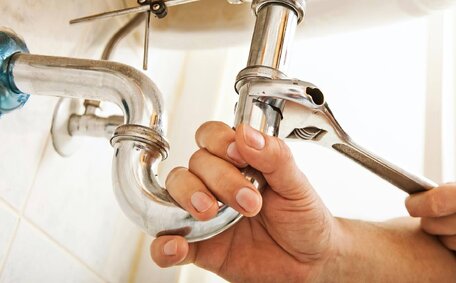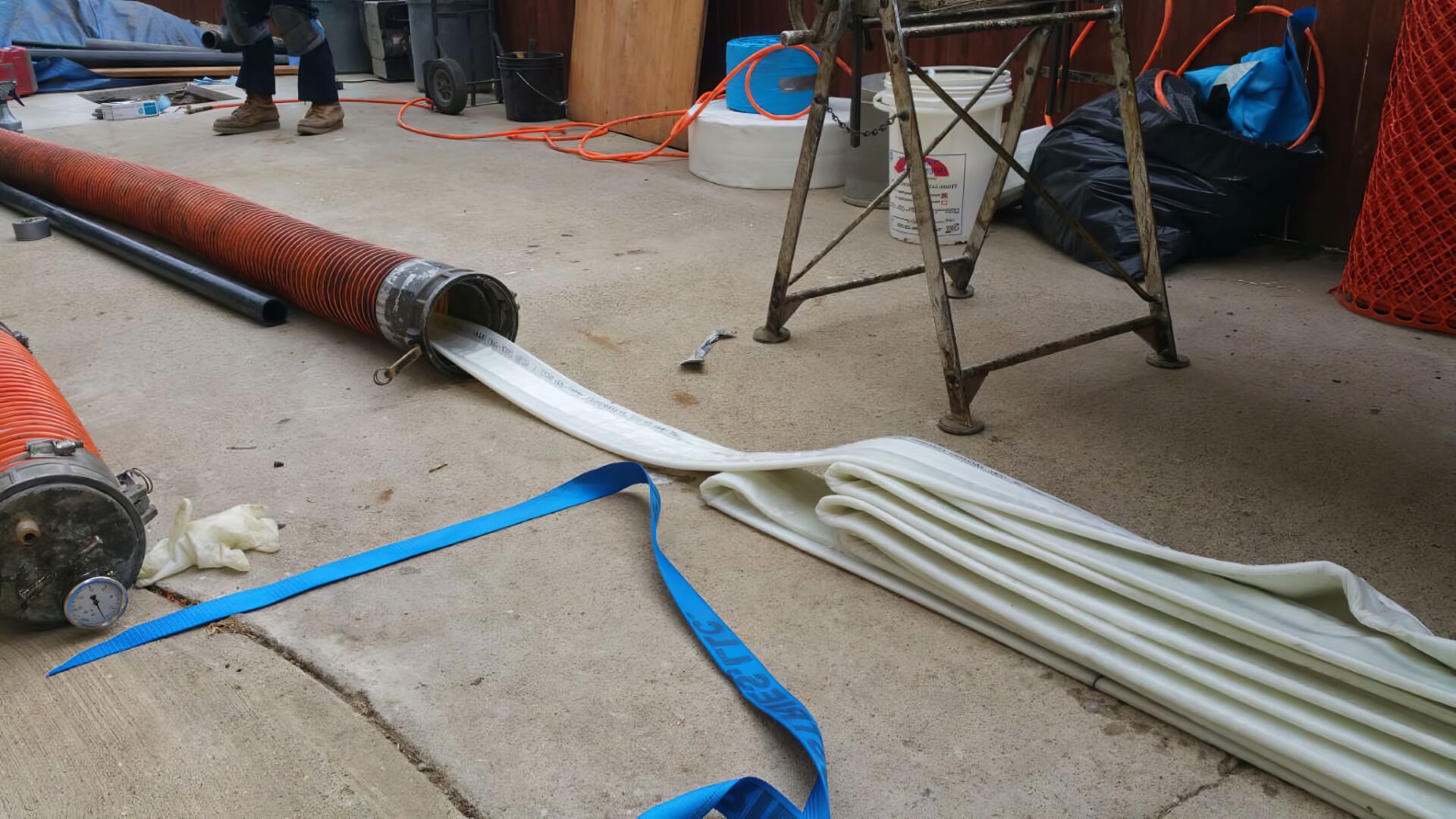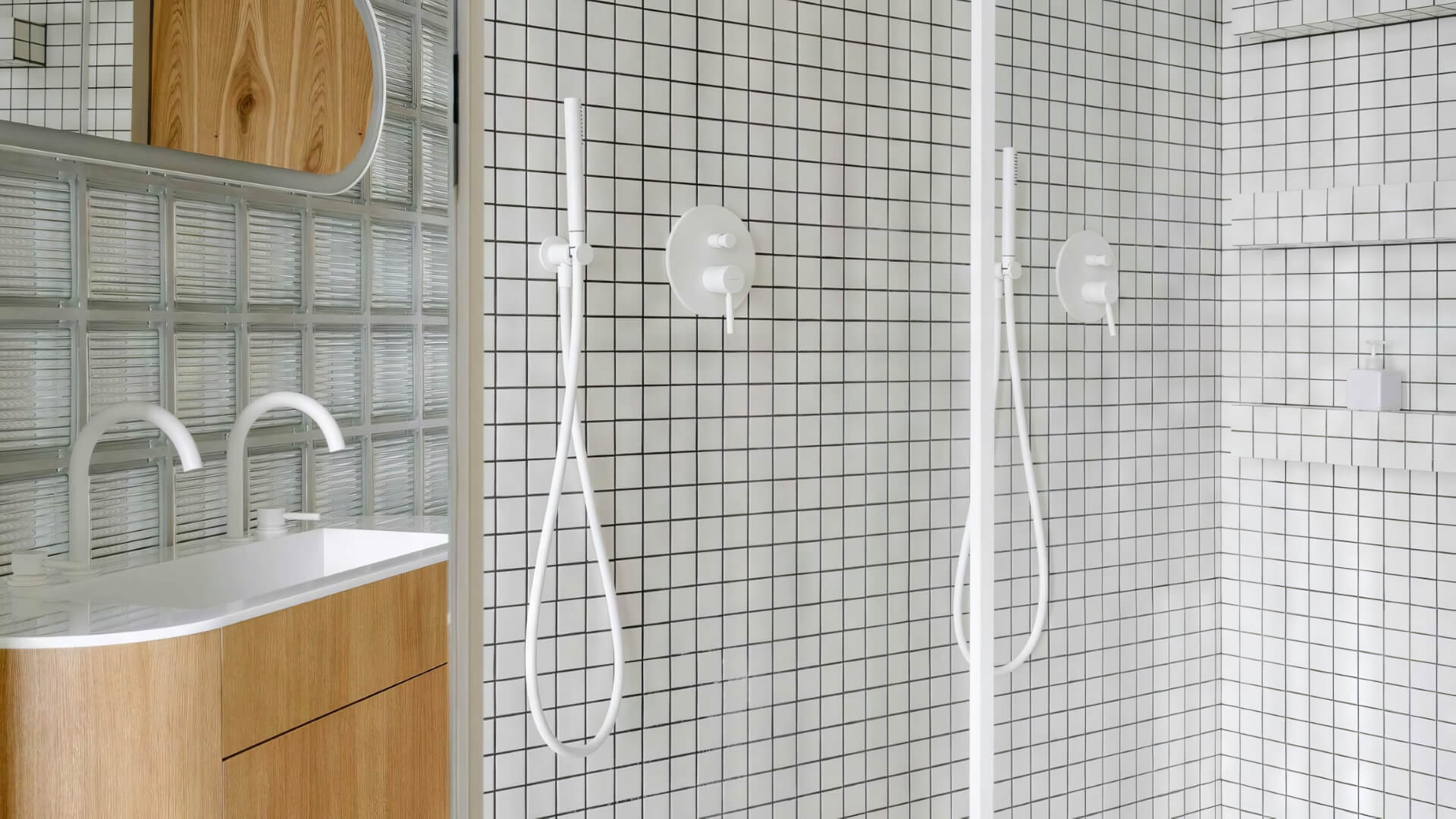Introduction to the Gas vs Electric Debate
Welcome to the critical discussion comparing gas and electric power for your home - a vital choice affecting energy efficiency, costs, and the environmental footprint. As energy prices rise and climate awareness grows, many Australians are pondering whether gas or electric energy is more cost-effective and environmentally friendly for their homes.
In Petersham, Sydney, homeowners utilise both gas and electric power for daily tasks such as cooking, hot water production, and climate control.
It’s crucial to carefully examine the upfront costs, ongoing expenses, functionality, reliance on non-renewable resources, and the rise of solar and heat pump technologies.
Throughout this article, we’ll evaluate the strengths and weaknesses of gas and electric appliances to help you discern which energy source aligns with your home and lifestyle needs. We’ll offer detailed comparisons and practical advice on efficiency, energy usage costs, environmental impact, safety, and how to sustainably future-proof your home’s energy setup.
Making an Informed Choice for Your Home
When weighing up the benefits of natural gas versus electric systems for your Petersham home, take into account both upfront and long-term expenses. Assess the initial costs and potential energy bills over 5-10 years, along with efficiency, appliance features, fossil fuel dependency, and renewable energy advancements.
We advise arranging a detailed consultation with our team at Petersham Plumbing to explore how various appliances may influence your energy strategy. We can assess your household energy needs, examine quotations for mixed-use of gas stoves and electricity gas appliances, and suggest the ideal combination of setups for your living space and financial plan. Our experienced technicians stay updated on the latest gas price trends and how your home can adapt to regulations affecting both gas and electric systems.
To kickstart the conversation, feel free to email us, call 1300 349 338, or book an online appointment. With more than 25 years of experience in Petersham, we’re committed to guiding you in making an informed decision for your home, backed by our expertise.
Comparing gas vs electric systems can require weighing complex factors like usage, efficiency ratings, and long-term running costs for substantial savings.
Upfront Cost Comparison of Gas and Electric Systems
When planning for new appliances, whether gas or electric, upfront costs play a significant role. Let’s look at the estimated costs for standard household appliances that affect your budget and more.
Gas Hot Water Systems
A customary suite of natural gas appliances, including a gas hot water system suitable for a 2-3 bedroom residence, commences at a reasonable $1,700 installed. More advanced systems like high-efficiency gas boilers and fast-heating gas dryers can cost between $2,000 and $3,500, including installation.
Electric Hot Water Systems
Basic electric hot water systems, comparable to electric ovens in terms of simplicity, begin at roughly $1,100 installed. High-performance options like induction stove models paired with efficient gas water heaters, such as heat pump or solar electric systems, start from $3,000 going up to $5,500 with parts and professional service.
Gas Heaters
Fitting efficient gas boilers or a comprehensive gas ducted heating system with an integrated storage tank varies in price from $2,800 to $7,500, hinging on the model’s size and capabilities. Wall-mounted gas heaters, similar to a gas stove in simplicity, start at the accessible price of about $600 when supplied and installed.
Electric Heaters
Starting at just $50, compact electric storage heaters are a budget-friendly alternative to their gas counterparts. Electric wall heaters, providing efficient heating and cooling, are available from $180 to $300, installation included. Whole-home ducted reverse cycle air conditioning systems, offering both heating and cooling, range from $4,500 to $10,000.
Operating Cost Analysis of Gas vs Electric
Traditionally, gas systems have been considered cheaper to operate than electric systems, with each having unique pros and cons. Historically, gas heat has been more cost-effective vs gas alternatives, but considering efficiency can translate into opportunities to save money. , However, energy-efficient electric heating and induction cooktops are narrowing this cost gap, offering competitive long-term expenses compared to gas options.
Gas Running Costs
For activities like cooking and ambient warming, natural gas is typically cheaper than electric options, bearing a cost per megajoule of 2-5 cents. Hence, a normal household might spend approximately $800 - $1,500 per year on gas cost, contingent upon consumption levels, applicable fees, and fluctuating energy rates. Gas, often being cheaper than electricity, also requires regular safety checks and maintenance every 2 years, costing around $150 annually.
Electricity Running Costs
The cost of electricity averages 20-30 cents per kWh. All-electric homes spend $1,300 - $2,100 on power bills annually. Electric systems typically incur lower maintenance costs, only requiring electrical safety inspections every 5 years.
Although gas appliances usually have lower operating costs, modern electric heat pumps and induction cooktops can offer comparable long-term savings due to their enhanced energy efficiency. We suggest obtaining personalized quotes to help decide between gas and electric units.
, incorporating aspects like household size, gas usage, needs, and the energy mix. Email or call our team to evaluate gas vs electric running costs.
Environmental Impact of Gas vs Electric Systems
When assessing gas and electric appliances, their environmental impacts are an important consideration. Australia aims to achieve net zero emissions by 2050, so future-proofing your home’s energy mix is key.
Gas Emissions and Climate Impact
Besides emitting carbon dioxide and methane, using gas for heating and cooking can also release carbon monoxide, posing both climate change concerns and safety hazards. Shifting just 10-20% of homes from gas to electric heating could cut over 5 million tonnes of CO2 emissions annually.
Electricity Emissions and Renewable Potential
Electricity from fossil fuels also produces emissions, especially in areas with more energy being sourced from non-renewable infrastructure. Additionally, supporting our nation’s aspirations for diminishing emissions often involves strategies for getting off gas when there’s no solar alternative and move towards electrification of living spaces.
Moreover, electric devices can effectively utilize solar energy or other renewables during the day, improving efficiency and reducing power consumption. Considering renewable growth, it’s predicted that by 2025, they could provide over 60% of Australia’s electricity.
Tips For a Climate-Friendly Home
Consider the long-haul environmental repercussions when choosing between gas and electric appliances:
- Make sure to calculate potential solar savings if switching from gas appliances to efficient electric ones
- Compare emissions of gas vs electric over a 5-10 year period based on greening grid projections
- Discuss rebates or incentives for low-emissions electric heat pumps and modern induction stoves
Unsure about the benefits of switching to gas or deciding between gas and electric options while minimising your environmental footprint? Petersham Plumbing can tailor advice to your household emissions and renewable energy goals. Email or call to discuss your needs.
Transitioning to Renewable Energy
Government-provided solar rebates, interest-free loans, and discounted installations are making solar power more accessible. And as homeowners seek to get off gas, it’s also worth noting how increased solar penetration and surplus clean energy exported back to the grid makes running efficient electric appliances more cost-effective.
Integrated solar hot water systems with panels and an electric heat pump can channel free sunlight to heat water, making gas furnaces an option rather than a necessity. Highly efficient heat pumps offer the added benefit of dehumidifying and cooling during summer.
By 2030, solar will likely meet over 30% of Australia’s needs for utilities like electricity and gas water heating. By choosing electric systems and installing rooftop solar panels, you enhance renewable power usage and support national emissions reduction efforts.
As experts in gas and electric systems, Petersham Plumbing stays up-to-date with much more than just the latest incentives; we also track technology advancements and regulations. Email or call our team to discuss solar rebates and renewable power options when weighing up gas vs electric appliances.
Federal and state incentives encourage the shift away from traditional grids by making efficient electric appliances more economical through clean energy.
Integrating solar PV systems with an electric heat pump hot water arrangement can complement appliances usage, making it challenging yet rewarding. Here are our top recommendations for Petersham homeowners seeking cost and emission savings:
Consider Long-Term Running Costs
Though gas may initially be cheaper to install, it’s important to compare long-term efficiency and running costs over 5-10 years. Electric heat pumps are increasingly affordable to install, and with a greener grid, they become cheaper to run. Consult us about the latest incentives when weighing up gas vs electric.
Compare Emissions Over the System Lifespan
With Australia targeting net zero emissions by 2050, examine the carbon footprint of gas vs electric options over a 10 year timeframe. This factors in the NSW South Coast’s transition to renewable grid energy.
Unsure about finding the balance between costs, features, and the environmental impact on your heating selection for home systems? The team at Petersham Plumbing can provide personalised advice tailored to your needs and budget. Email or call us to discuss your decision factors.






